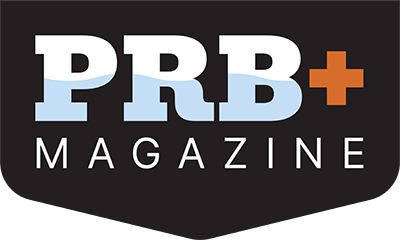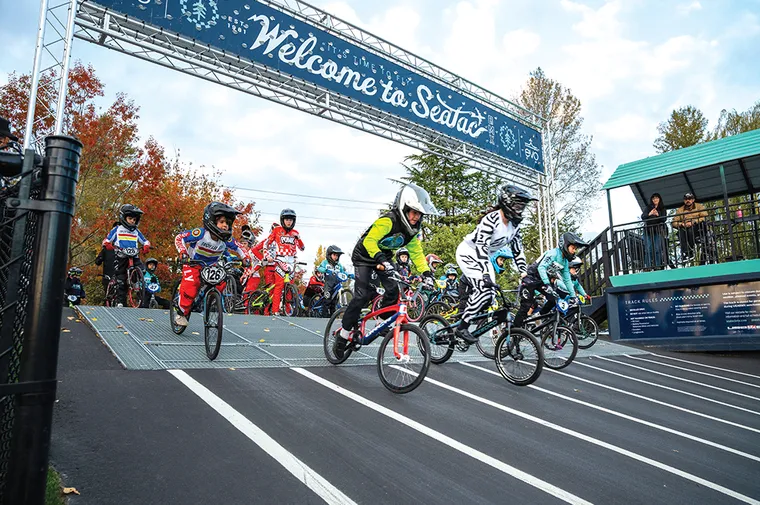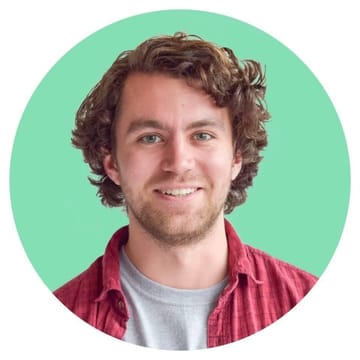Empowering organizations that bring people to the parks
Situated between majestic Puget Sound and the iconic Cascade mountains, King County, Wash., is home to some of the most beautiful landscapes in the country. Thousands of parks of all sizes dot the county, home to 2.3 million people, but these public open spaces are not distributed equitably. One of the many ways King County Parks seeks to make outdoor spaces more equitable is through grants issued directly to the communities with the least access.


